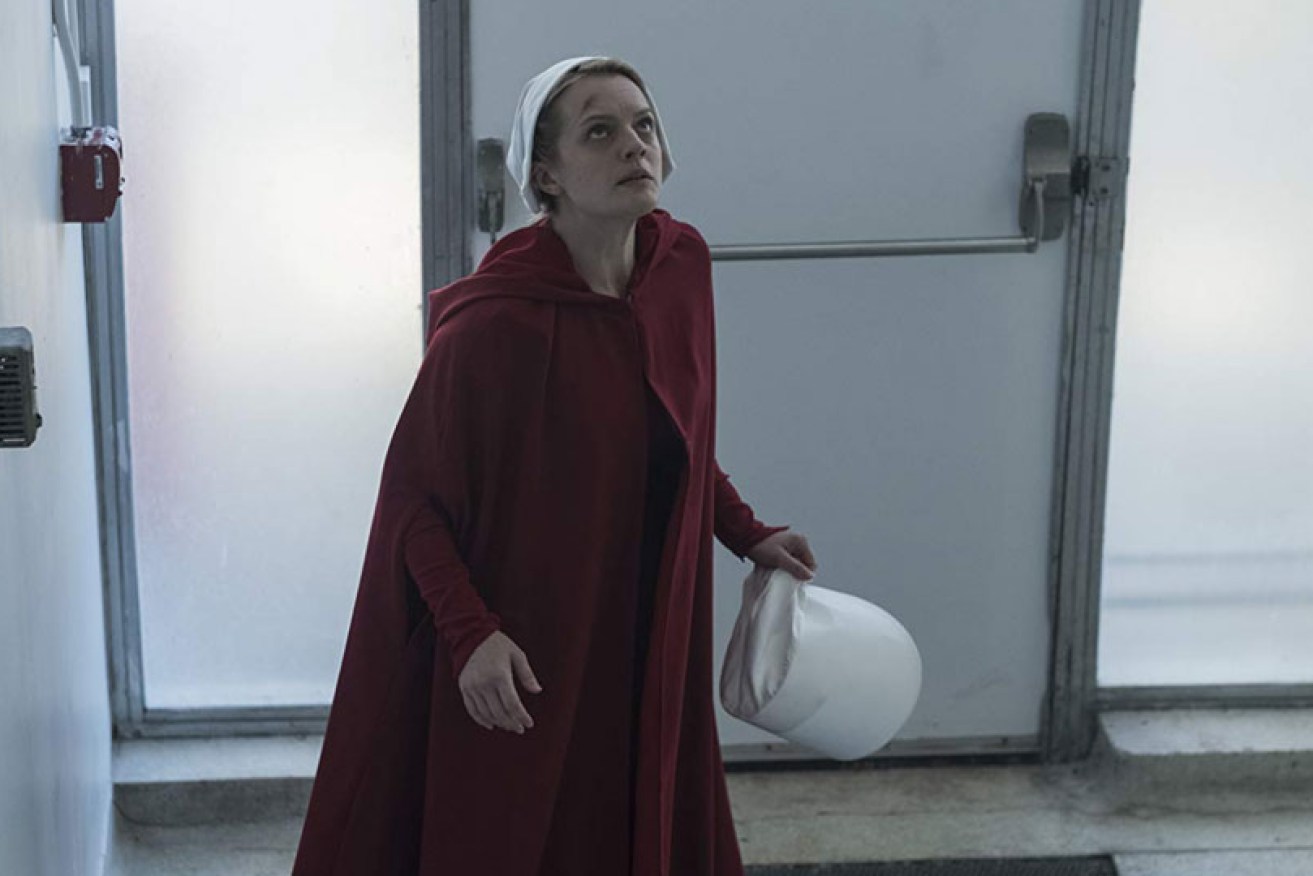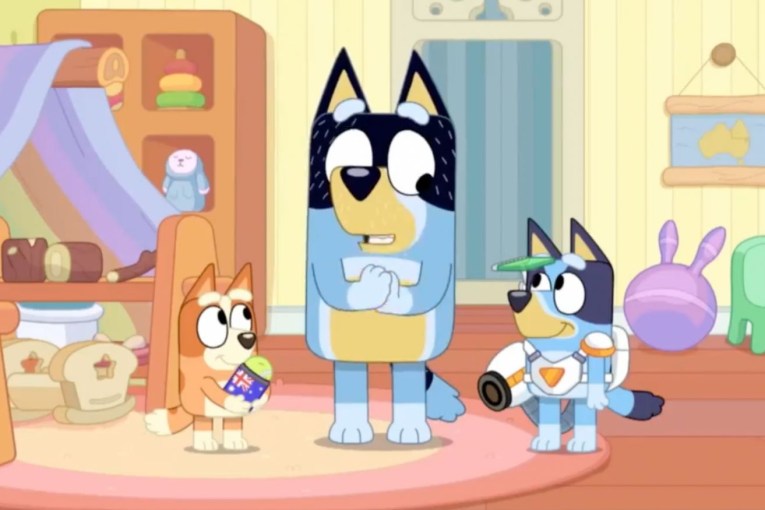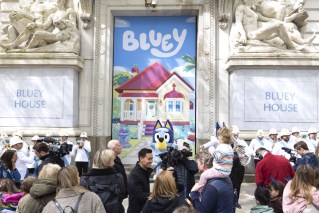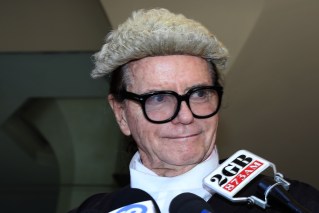The Handmaid’s Tale season three: Why it’s more terrifying than ever

Elisabeth Moss has won individual Golden Globe and Emmy awards for playing Offred in The Handmaid's Tale. Photo: Hulu
Elisabeth Moss said it best last May about the terrifying prescience of Hulu’s hit show The Handmaid’s Tale: “This is happening in real life. Wake up, people.”
A year on, with season three of The Handmaid’s Tale finally upon its loyal, if anxious following, the star’s words are truer then ever.
Based on Margaret Atwood’s 1985 novel, the starkly confronting season one narrated the fate of handmaid Offred (born June Osborne) in totalitarian Gilead, the former USA, where widespread sterility has led to savage state control over reproduction.
Aside from its engrossing storytelling, The Handmaid’s Tale’s parallels with examples of oppressive social policies championed by Donald Trump’s Republican administration have made it must-see TV.
But season two, which extended key character arcs beyond Atwood’s novel, became too much for many viewers.
The writers pivoted from focusing on clinically dreadful depictions of Gilead as a society – ritualised reproduction, public executions and surgical responses to dissent – to exploring the brutal impact on individuals of living in Gilead.
Once the dramatic scope narrowed from the state to the personal it was a short step for viewers to put themselves into the shoes of the oppressed.
Between seasons, The Handmaid’s Tale evolved from disturbing dystopian sci-fi to exhausting horror show. One critic wrote that the series gave her anxiety attacks.

Moss says her hit show “has a lot of integrity”. Photo: Hulu
What made the production as repellent for some as it was prescient for others was an increasing difficulty separating socio-political life in Gilead from political developments in Washington.
After Mr Trump took office, the rise of America’s nationalist Right provided an inevitable backdrop against which The Handmaid’s Tale was analysed.
Viewers had cautionary discussions about how ‘it could happen here’, cushioned by the reassuring assumption that actually, political checks and balances meant it could not.

Australian Yvonne Strahovski (Serena) with The Handmaid’s Tale co-star Joseph Fiennes (Commander Waterford.) Photo: Hulu
But when season 2 was broadcast deep into the first Trump term, that comforting buffer zone had gone.
Alarmed American liberals noted it was happening there.
As another critic put it, The Handmaid’s Tale became The Walking Dead for progressives.
There were indeed undeniable parallels.
Mr Trump’s reliance on the evangelical vote has seen the US become a society where the vice president won’t take meetings alone with women to avoid temptation, and where at the southern border babies are ripped from mothers’ arms.
Most significantly, it’s a society where (mostly) white, middle-aged state congressmen are legislating to wind back the Supreme Court’s 1973 decision protecting the right of pregnant women to choose to have an abortion.
The Handmaid’s Tale’s status as a political reference point was reinforced in incendiary fashion when Saturday Night Live’s resident firebrand, Leslie Jones, savaged Alabama’s anti-abortion law dressed in the red mantle and white bonnet of a handmaid.
https://www.youtube.com/watch?v=RcTvQx1Wot0
Politics aside, there are questions to be answered in Season 3.
How will a radicalised June go about burning down the house? Does she have an ally in Serena? Is Gilead’s economic architect, Commander Lawrence, intent on destroying his own creation like Frankenstein? Will being stabbed bring out Aunt Lydia’s nurturing side?
If destroying the joint becomes the series’ central theme, progressives would hope this mirrors trends in Washington as the White House scrambles to outflank a string of congressional investigations.
But life doesn’t always imitate art.
As Mr Trump departed for his UK state visit he denied insulting Meghan, Duchess of Sussex, despite there being a clear recording of him doing just that.
To borrow from the most celebrated dystopian fiction of all time, George Orwell’s 1984, Americans could be arriving at a place where the party told you to reject the evidence of your eyes and ears.
It was their final, most essential command. Needing to turn to television to respond to these sustained assaults on democratic norms is not a reassuring place to be.
The Handmaid’s Tale debuts on Thursday, June 6 on SBS. The first two episodes screen from 8.30pm. The first three episodes will be available for streaming on SBS On Demand.








